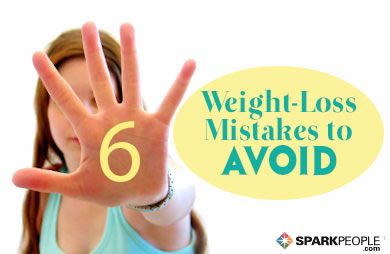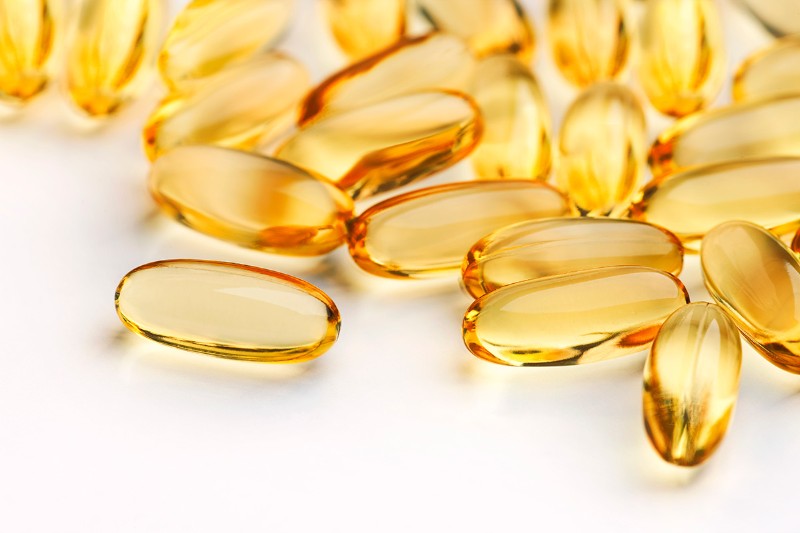Lose Weight > Common Sense To Lose Weight > Common Sense Article > Over-the-Counter Diet Pills, DHEA (Dehydroepiandrosterone) And Phenylpro-panolamine (PPA)
Over-the-Counter Diet Pills, DHEA (Dehydroepiandrosterone) And Phenylpro-panolamine (PPA)
DHEA is readily available as a supplement, sold in pharmacies, grocery stores, health food stores, and department stores. Some of these supplements come in the form of wild yam extracts that claim DHEA activity and potency but, in fact, have neither.
Near-magical properties have been attached to DHEA, ranging from increased sex drive to higher energy levels. Bodybuilders, strength-trainers, athletes, and exercisers take it with the hope that it will build muscle and burn fat.
DHEA breaks down and is converted to both estrogen and testosterone in the body. (A word of warning: An excess of these sex hormones has been linked to a greater risk of prostate and breast cancers so it may be beneficial, and for a good reason, that DHEA falls off naturally with age.)
Still, the fact that DHEA turns into testosterone, a muscle-building steroid, makes it very appealing to bodybuilders and other athletes who want to pack on muscle. But there's no real evidence to support a muscle-building effect.
Most of the research on DHEA supplementation has been conducted
on animals. However, there have been a number of human experiments, too. Some of these have centered on weight loss, but with mixed results. One thing is clear, however: DHEA seems to encourage weight loss in men, but not in women.
The National Institute on Aging (NIA) has warned consumers that there is insufficient proof that DHEA is beneficial, and that it may produce such side effects as confusion, headaches, drowsiness, and liver damage, as well as breast and prostate cancers. Additionally, the NIA feels that DHEA should be available by prescription only a conviction shared by the FDA. It is unwise to tinker with your body's hormonal system unless you are under close medical supervision. Any potential benefits of DHEA supplementation are far outweighed by its risks.
Not to be confused with natural weight-loss supplements, these pills contain a drug, an amphetamine derivative called phenylpro-panolamine (PPA). PPA is approved by the FDA as an over-the-counter weight-loss aid. It is also present in many nasal decongestants, cough syrups, and cold remedies.
The drug in these pills is a mild stimulant. It acts on the central nervous to speed up the heart rate. However, as a stimulant, it is weaker than ephedrine. PPA curbs hunger, presumably by acting on the brain to suppress appetite. It also causes a release of the hormone noradrenaline (norepinephrine), which liberates fatty acids from storage. Many studies conducted on PPA support its ability to suppress the appetite. It is less effective at encouraging actual weight loss, however. One study found that volunteers lost only 2 pounds in 6 weeks while using PPA.
There is controversy over the risk to healthy people who take PPA. Some studies indicate that even in normal doses it can raise blood pressure in people with normal readings; and there are many reports of other side effects, including headaches, nervousness, and anxiety.
A dangerous irony exists in the availability of this drug. It may indeed help overweight people; however, they are the ones most likely to suffer from high blood pressure, heart disease, thyroid disease, or diabetes conditions that make the use of PPA medically inadvisable.
There is great potential for abuse of PPA diet products, particularly among young users. The U.S. Public Health Service has noted that young people, ages 10 to 29 years, account for 40 percent of all the PPA-related problems reported to poison control centers. This is troubling, since some people, especially teenagers, can suffer stroke if they exceed the recommended dosage (50 to 75 mg daily). One case, reported in The Journal of Pediatrics, described a 17-year-old girl who suffered a stroke following a suicide attempt involving an overdose of five diet aid pills (a total of 375 mg of phenylpropanolamine).
In 1991, a team of researchers reviewed 142 cases of adverse drug reactions to PPA and over-the-counter products containing it. Among their findings: twenty-four cases of brain hemorrhaging, eight cases of seizures, and eight deaths all associated with PPA use.
This drug should not be taken with any other PPA-containing medication. Nor should it be taken with any agent containing ephedrine or other stimulants. PPA also interacts dangerously with certain anti-depressants, such as monoamine oxidase inhibitors (MASs). The combination can cause life-threatening complications. Anyone with an illness or disease should consult a doctor before taking PPA.
Related Articles
-
The Cheapest Way To Stop Eating Junk Food And Start Finding Your Ideal Weight Again
Your health is your responsibility. As a human being, you have the cho
-
How To Get A Six Pack In 3 Minutes
With everybody looking for a faster way to get fitter, there is an abu
-
Not All Weight Loss Plans Are Created Equal
It is difficult to lose weight, especially if those in your hous
-
What a Healthy Weight Loss Plan Really Looks Like
According to the laws of gravity, what goes up, must come d
-
Facts About How Prepackaged Weight Loss Meals Work
Losing excess pounds is never easy. For those who have a busy life it
-
Is Weight Loss Surgery As Dangerous As It Sounds?
Weight loss surgery is an option that can be availed by persons with
- DON'T MISS
- Losing Weight — Ways of Tackle This type of Challenge
- Three Things That Keep Us From Faster Weight Loss
- Losing Weight Via Those Natural Nutritional Supplements
- Losing Weight Does Not Have To Be Hard
- The Best Detox Diet: Three Things to Avoid
- Lose 10 Pounds In 7 Days - Safe With Two Dynamite All Natural Weight Loss Tips
- To Diet Or Not To Diet That Should Be The Question
- You Need To Read The Nutrition Labels On The Foods You Are Eating
- Lose Weight Fast With These Helpful Tips
- Fat Burning Exercise Plan: Best Fat Burning Product(Fat Burning Techniques)




